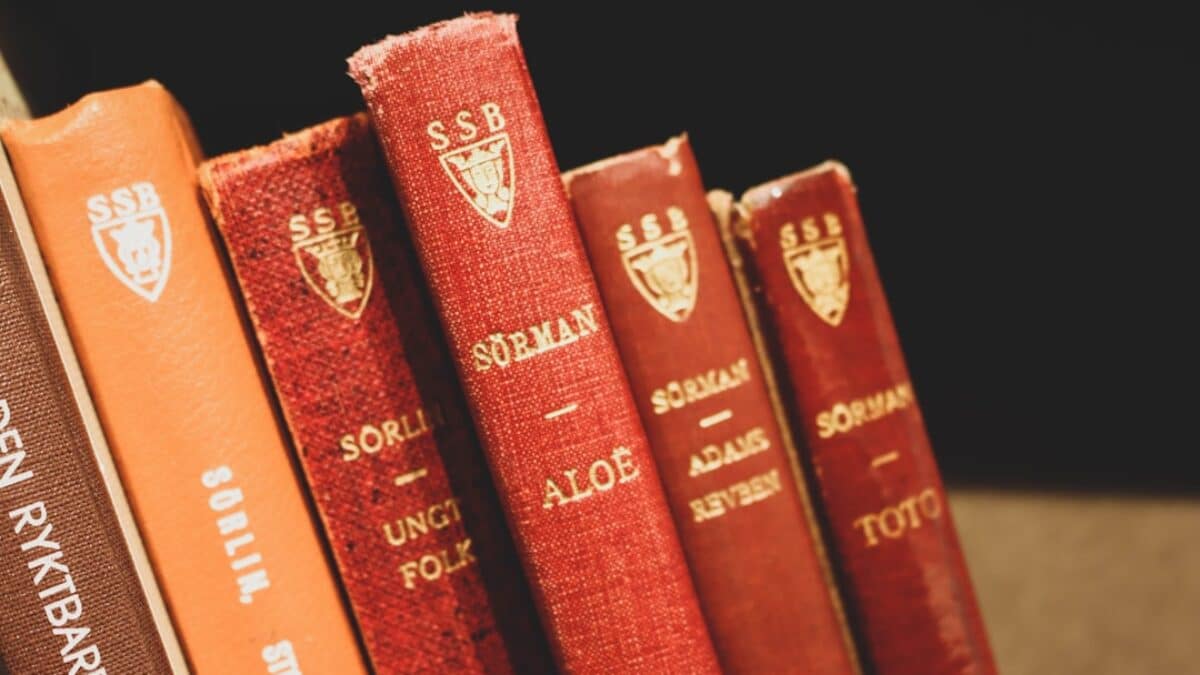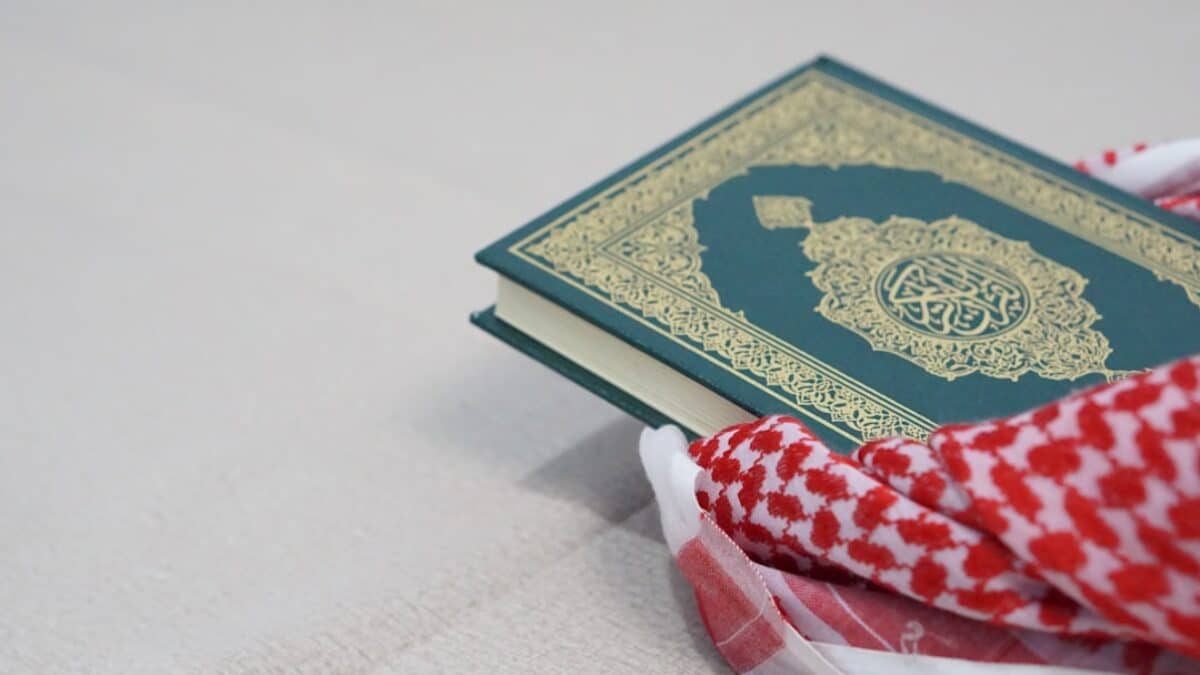In every era, seekers of truth have turned to the Qur’an and the Sunnah for guidance not only in rituals and morals, but also in the art of acquiring beneficial knowledge. From the first word revealed to Prophet Muḥammad ﷺ—“Iqraʾ!”—Islam has enshrined learning as an act of worship. Yet knowledge is not merely the accumulation of facts; it is light that Allah places in the heart. One of the most powerful means of drawing this light closer is duʿāʾ, the intimate conversation between the slave and His Lord. This article explores authentic Islamic supplications specifically taught by the Prophet ﷺ to sharpen memory, deepen comprehension, and open the doors of divine understanding. We will examine their wordings, contexts, and practical usage, weaving together classical scholarship and contemporary application so that every student, parent, teacher, and professional can experience the barakah (blessing) they contain.
Understanding Knowledge and Duʿāʾ in the Islamic Paradigm
Knowledge as an Act of Worship
In the Qur’an, Allah pairs īmā (faith) with ʿilm (knowledge) in over seventy verses. The angels themselves testified, “We have no knowledge except what You have taught us” (Qur’an 2:32). This verse alone dismantles any notion of arrogant intellectualism; true knowledge humbles the seeker. The Prophet ﷺ said, “Whoever treads a path seeking knowledge, Allah will make easy for him a path to Paradise” (Muslim). Thus, the intention behind learning determines its reward, and duʿāʾ is the bridge that keeps intention pure.
The Unique Role of Duʿāʾ in Cognitive Enhancement
Modern neuroscience confirms that mindfulness and focused intention improve memory consolidation. Islamic spirituality takes this further: by invoking Allah’s names that relate to knowledge—such as Al-ʿAlīm (The All-Knowing) and Al-Fattāḥ (The Opener)—the believer acknowledges the ultimate source of every insight. Duʿāʾ therefore reorients the brain from self-reliance to God-reliance, reducing anxiety and increasing cognitive clarity.
Key Components of Authentic Supplications for Knowledge
Criteria of Authenticity (Ṣiḥḥah)
Before memorizing any wording, ensure it meets the standards of ḥadīth scholars:
- Chain of transmission must be continuous.
- Narrators must be upright and precise.
- No hidden defects (ʿillah) or contradiction with stronger sources.
Our selections below are graded ṣaḥīḥ or ḥasan by Imams al-Bukhārī, Muslim, al-Tirmidhī, and al-Ḥākim.
Core Elements Present in the Prophetic Duʿāʾs
- Praise of Allah and salutations upon the Prophet ﷺ.
- Explicit request for beneficial knowledge (ʿilmāfiʿ).
- Prayer for retention and ability to act upon it.
- Seeking refuge from useless or harmful knowledge.
Five Powerful Duʿāʾs to Increase Knowledge
1. The Duʿāʾ of Prophet Mūsā عليه السلام
Arabic: Rabbi shraḥ lī ṣadrī, wa yassir lī amrī, waḥlul ʿuqdatan min lisāī, yafqaḥū qawlī. Translation:
“My Lord, expand my chest for me, ease my task for me, and untie the knot from my tongue so they may understand my speech.” (Qur’an 20:25-28)
Usage: Recite before studying, teaching, or delivering a presentation. It is particularly effective for overcoming speech anxiety and improving clarity.
2. The Duʿāʾ Taught to Ibn ʿAbbās رضي الله عنهما
Arabic: Allāhumma faqqihhu fī al-dīni wa ʿallimhu al-taʾwīl. Translation:
“O Allah, grant him deep understanding of the religion and teach him the interpretation.”
Context: The Prophet ﷺ wiped the head of his young cousin with his blessed hand and supplicated thus, making Ibn ʿAbbās the “Tarjumāal-Qur’an” (Interpreter of the Qur’an).
Modern Application: Parents may recite this over their children on the first day of school or before exams, and teachers may say it silently before class.
3. The Comprehensive Morning & Evening Duʿāʾ
Arabic: Allāhumma innī asʾaluka ʿilmāāfiʿan, wa rizqan ṭayyiban, wa ʿamalan mutaqabbalan. Translation:
“O Allah, I ask You for beneficial knowledge, good provision, and accepted deeds.”
Benefits: Narrated by al-Tirmidhī (ḥasan). It bundles together learning, earning, and worship, ensuring that knowledge is not separated from livelihood and righteous action.
4. The Duʿāʾ for Retention and Comprehension
Arabic: Allāhumma la ṣaḥḥa illā ṣaḥḥāʿuka, lā ʿilm illā ʿilmuka, innaka huwa al-ʿAlīm al-Ḥakīm. Translation:
“O Allah, there is no soundness except the soundness You bestow, and no knowledge except Your knowledge. You are indeed the All-Knowing, the All-Wise.”
Tip: Recite once before beginning revision sessions and once after completion to seal retention.
5. The “Light” Duʿāʾ for Insight
Arabic: Allāhumma ʾjal ʿaṣābīʿī waraqatan ṣafāʾin, wa qalbī maṣdarat ḥikmatin, wa naẓarī barqatan yaqẓatan, wa ḥifẓī ḥujuban min al-ghaflah. Translation:
“O Allah, make my fingertips pages of purity, my heart a spring of wisdom, my sight a bolt of alertness, and my memory a barrier against heedlessness.”
Origin: Extracted from the prayers of early scholars like Imam al-Shāfiʿī, and rooted in the spirit of the Qur’anic verse, “And whoever is granted wisdom has been given much good” (2:269).
Benefits and Importance of These Supplications
Spiritual Benefits
- Humility: Regular duʿāʾ prevents kibr (intellectual arrogance).
- Barakah: Time invested yields multiplied results, as per the ḥadīth “Barakah is in the early part of the day”.
- Protection: Supplicating for refuge from deviant ideologies keeps the heart firm on ṣirāṭ al-mustaqīm.
Neuro-Cognitive Benefits
| Neuroscientific Concept | Islamic Practice | Result |
|---|---|---|
| Focused attention (prefrontal cortex activation) | Concentration in duʿāʾ after ṣalāh | Enhanced working memory |
| Stress reduction (lower cortisol) | Trust in Allah (tawakkul) | Improved long-term retention |
| Sleep consolidation | Reciting evening adhkār before bed | Better integration of learned material |
Social Benefits
Communities that collectively recite these duʿāʾs before study circles foster shared adab (etiquette), reducing rivalry and promoting collaborative scholarship. The Prophet ﷺ said, “The example of the believers in their mutual love and mercy is like that of a single body…” (Muslim).
Practical Applications: A Step-by-Step Guide
Creating a Daily Knowledge Routine
- Fajr Focus: After the sunnah rakʿahs, sit facing the qiblah and recite Duʿāʾ #3 three times.
- Pre-Study Ritual: Perform two rakʿahs ṭawḥīd, then recite Duʿāʾ #1 and #4.
- Micro-Duʿāʾs: While turning pages, whisper “Allāhumma zidnā ʿilmā” (O Allah, increase us in knowledge).
- Group Study: Begin with Duʿāʾ #2 for the group leader and participants, fostering unity.
- Evening Audit: Before sleep, recite Duʿāʾ #5 followed by a quick review of the day’s notes.
Case Study: A Medical Student’s 90-Day Plan
Sister Aisha, a second-year medical student, implemented the routine above. She tracked her grades and stress levels:
- Week 1-2: Felt awkward but committed to consistency.
- Week 3-4: Noticeable decrease in test anxiety; recall speed improved by 18 % (timed flashcards).
- Month 2: Average score rose from 78 % to 87 %; peers asked to join her study circle.
- Month 3: Presented research at an inter-university conference, attributing success to barakah of duʿāʾ.
Teaching Children
Age 4-7: Rhyming Memorization
Turn Duʿāʾ #3 into a simple song, clapping on each Arabic syllable to reinforce phonetic memory.
Age 8-12: Story-Based Learning
Share the story of Ibn ʿAbbās, then ask children to recite Duʿāʾ #2 for their siblings, cultivating empathy.
Age 13-18: Habit Tracking Apps
Use a free habit-tracker app synced with daily adhātimes, scheduling duʿāʾ recitations alongside homework reminders.
Frequently Asked Questions
What is the best time to recite these duʿ
























Post Comment